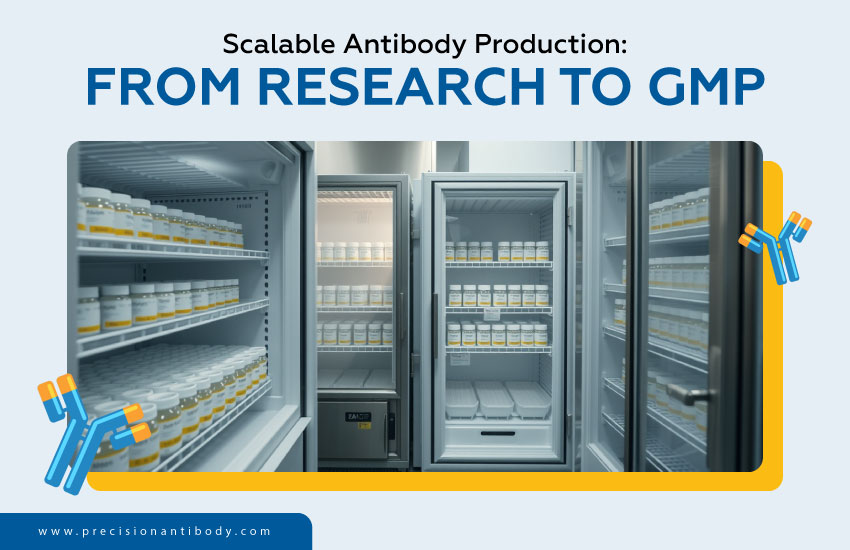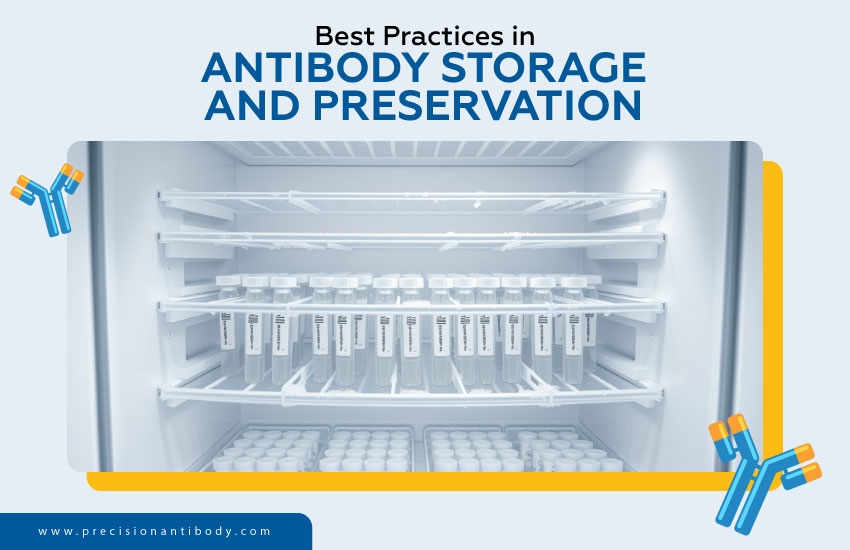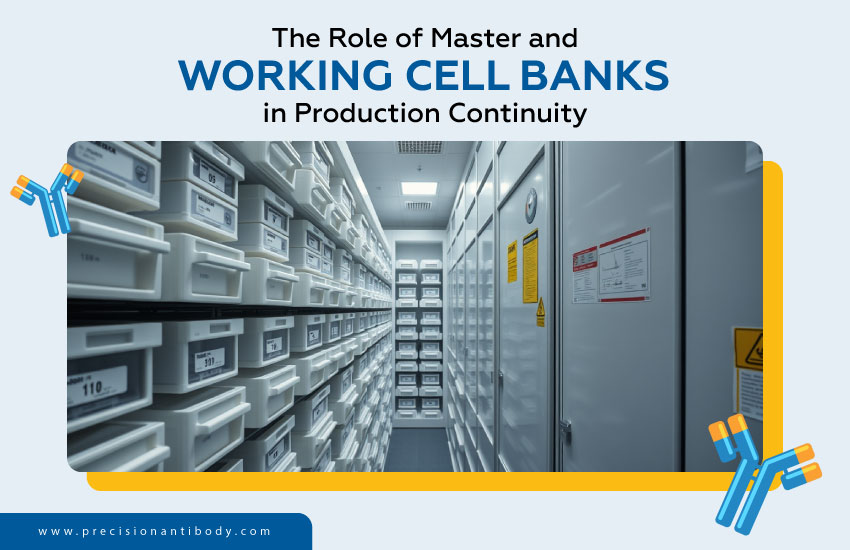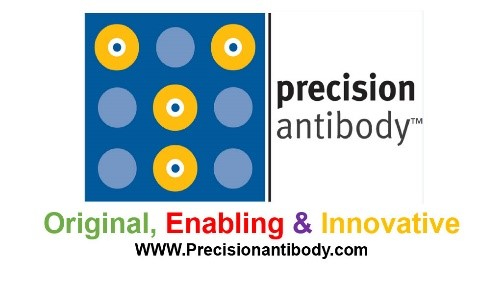Within the realm of biologics, antibodies have evolved into precise tools targeting diseases with amazing accuracy and rendering once incurable conditions treatable. Though their therapeutic success gets most attention the road from an engineered cell line to a clinically effective antibody is long, difficult and easily disrupted.
Not design issues, but manufacturing, purification and storage errors define the most promising antibodies. Review reveals how production variance, cold storage or formulation might affect antibody structure, bioactivity or immunogenicity. By 2030 the worldwide monoclonal antibody market is predicted to reach $530 billion, hence every action is absolutely important.
From hybridoma development and recombinant expression systems to endotoxin control and cold chain logistics, every phase presents opportunity as well as risk. Not merely perfect; best practices are basic requirements for therapeutic success and regulatory approval.
How therefore can we make sure antibodies maintain their integrity from the lab bench to the patient bedside? As we dissect the key scientifically supported techniques that direct effective antibody generation and long term storage, keep on reading.

Building a reliable and productive cell line that produces antibodies is really the foundation of successful biologic development. This step helps make sure that the antibody expression stays consistent, can be scaled up for future batches, and meets regulatory requirements.
Choosing the right expression system is crucial for producing antibodies as it impacts the yield, post translational modifications, scalability and compliance with regulatory standards.
Each system has its own unique strengths but the main point is this: choosing the right expression system isn’t about finding the “best” one. It’s really about matching the biological performance to the specific purpose of the antibody.
When it comes to early stage screening, clinical grade manufacturing or creating specialized molecules it’s important that the expression platform can back up the long term quality, scalability and therapeutic aims of the project.
It’s crucial to maintain the stability of the production cell line and preserve its genetic integrity to ensure consistent quality and yield from our antibodies.
By carefully choosing the right expression system and keeping the cell line stable researchers can really boost antibody production, making sure it’s both high quality and efficient for everything from the lab to clinical use.
The efficacy of antibodies in therapeutic and diagnostic uses depends on their stability. Stability affects not only the safety and potency in clinical environments but also the shelf life and potency of antibody products. Maximizing production, storage, and distribution techniques depends on a thorough awareness of the elements influencing antibody stability.
Successful development and deployment of antibody based solutions depend on an awareness of and control for several elements. Manufacturers can guarantee the supply of safe and efficient antibody treatments to consumers by addressing stability issues by means of deliberate design and thorough testing.

From laboratory research to Good Manufacturing Practice (GMP) antibody production, the path is complicated and closely controlled. Not only does scaling up antibody production increase volume but also guarantees that the product’s quality, safety and efficacy remain constant all through the process.
Successful size up depends on good process development. Using Quality by Design (QbD) ideas guarantees a complete awareness of essential quality attributes (CQAs) and critical process parameters (CPPs) so ensuring that the process is strong and able of constantly generating high-quality antibodies.
Process analytical technology (PAT) and high-throughput screening help to monitor and regulate the manufacturing process in real-time therefore enabling fast identification of ideal conditions and guarantees of product consistency.
Adoption of modern manufacturing methods has transformed mass antibody manufacture. In terms of cost-effectiveness and efficiency continuous production techniques as opposed to conventional batch processes have clear benefits.
Studies have demonstrated, without sacrificing product quality that continuous processing can lower buffer consumption by up to six-fold and chromatography resin use by 2.4-fold compared to fed-batch platforms. Attractive choices for scalable manufacture hybrid systems combine aspects of batch and continuous processes and offer flexibility and speedier break-even rates.
Single-use technology and modular process architecture have grown somewhat common in antibody production. Because modular systems provide scalability and adaptability quick changes to production capacity are made feasible.
Reducing the danger of cross-contamination, streamlining cleaning and validation processes and lowering of turnaround times between manufacturing batches, single use bioreactors and filtration units help for large-scale enterprises especially, these technologies provide operational efficiency and cost savings.
During scale-up maintaining strong quality control and following legal norms becomes absolutely vital. Following GMP rules means putting in place consistent operating policies, thorough documentation and frequent staff training.
Following process validation including CPP identification and monitoring is necessary to show that the production process regularly generates antibodies satisfying specified quality standards. Regulatory inspections and product approval depend also on keeping thorough records and traceability all through the manufacturing process.

First and most importantly is making sure antibodies from manufacture to use remain stable and effective. Maintaining antibody activity, preventing degradation, and extending shelf life all depend on correct storage and preservation methods. Key behaviors based on current studies are listed below.
Reliable experimental and therapeutic results depend on antibodies retaining their specificity and utility; hence adhering to these best practices ensures this.

Within the field of biopharmaceutical manufacturing, the construction and maintenance of robust cell banks are crucial for ensuring consistent product quality, regulatory compliance and continuous manufacturing.
The cornerstone of this procedure are Master Cell Banks (MCBs) and Working Cell Banks (WCBs) which protect the integrity and repeatability of biologic products all through their lifetime.
Cell banking is the methodical gathering, cataloguing, and storing of cell lines utilized in biologics production.
Usually, the process consists in two levels:
Using a two-tiered cell banking system is absolutely vital for:
Industry analysts note that “reaching the market first begins with cell banking as the foundation for biologics manufacturing.”
To guarantee the safety, purity and potency of biologic products produced from cell cultures, regulatory authorities including the U.S. Food and Drug Administration (FDA) and the International Council for Harmonization (ICH) have developed thorough criteria.
FDA Rules:
ICH Policies:
Following these rules not only satisfies legal obligations but also is a recommended practice to reduce hazards related to cell line variation and contamination.
Reliable storage and careful characterization techniques define the integrity of cell banks. Important factors are;
Building strong cell banking infrastructure not only guarantees regulatory compliance but also strengthens the production process against possible interruptions, therefore preserving the continuity and dependability of biologic manufacturing.

Antibody production might run against difficulties compromising yield, stability and timeframes even with careful preparation. Ensuring constant and effective production depends on realizing these risks and putting preventative plans into action.
Variance in antibody yields between manufacturing batches can result from several elements:
Preventive Strategies
Sensitive molecules like antibodies might break down improperly handled:
Preventive Actions:
Ignoring the establishment and preservation of master and working cell banks might cause major production delays:
Preventive Actions:

When it comes to developing and preserving antibodies, finding a partner who really knows their stuff and offers a full range of services is super important.
Precision Antibody really shines in this field, bringing together the latest technologies, keeping up with regulations, and providing customized solutions to fit a variety of research and therapeutic needs.
Time is a critical factor in antibody development. Precision Antibody offers a groundbreaking service that delivers fully human monoclonal antibodies in approximately 60 days.
This rapid turnaround is achieved through the use of mice, which possess a high degree of immunocompetence, enabling the generation of a robust and diverse B cell repertoire. The advantages of this approach include:
This service significantly shortens the lead generation phase potentially saving up to two years in the drug antibody development process
Keeping production cell lines going strong and consistent is super important for smooth antibody manufacturing.
Precision Antibody provides a wide range of mammalian cell banking services, including:
These services are designed to safeguard antibody assets and ensure their readiness for research and development applications.
Whether you’re working on a small research project or diving into large therapeutic applications.
Precision Antibody offers flexible antibody production services to meet your needs:
This scalability ensures that clients can meet their specific antibody quantity requirements without compromising on quality.
The team at Precision Antibody has a wealth of experience in creating specialized antibodies that are customized to meet specific research needs.
These custom solutions are instrumental in advancing both diagnostic and therapeutic research.
Precision Antibody follows strict quality control measures and meets regulatory standards:
This commitment ensures that clients receive reliable and reproducible results, facilitating smooth progression through regulatory pathways.
The process of cloning a cell line into a therapeutic antibody is one of the most complicated and risky in biomedicine. Precision is needed throughout cell line generation, expression system selection, purification, formulation, storage and dissemination. Even modest inaccuracies can compromise antibody stability, activity and safety.
An critical but commonly overlooked stage is cell banking. Under rigorous, controlled conditions, master and working cell banks maintain antibody lifetime and uniformity. Without appropriate banking, even the most evolved antibody clone could be lost, therefore wasting time and money. Long-term success depends on proven cell banking demanded by FDA and EMA clinical filings.
Using stable expression systems like CHO or HEK293 and enabling cold-chain storage and traceable cell banks goes beyond achieving criteria. Reproducibility, regulatory compliance and best patient outcomes are key.
Only organizations that priorities consistency and scalability will drive therapeutic innovation as oncology, immunology and other fields demand high-quality biologics. Choosing the best antibody production partner is a competitive advantage not a convenience.
Working with Precision Antibody ensures high quality antibody development, storage and delivery. Our team will support you from discovery to clinical application. Questions or thoughts? We’d love to hear your thoughts, so comment below.

Led by innovative minds in immunology and the antibody development field, Precision Antibody has been an industry leader for over 20 years. We not only implement a cutting-edge technique in antigen design, antibody development, production, and other analyses, but we are also constantly working on ways to improve and advance technology to match the ever-changing world of science. If you are interested in learning more about Precision Antibody’s Custom Antibody development.
Precision Antibody™ is the forefront of the global Custom Antibody industry & it is led by the innovative minds in immunology and antibody development field.